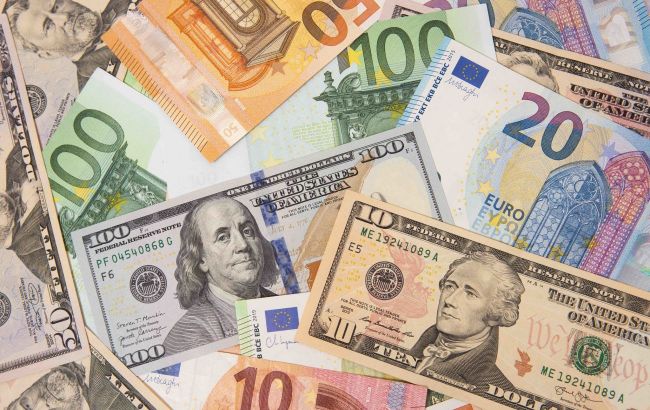Ukraine has backup plan if U.S. aid delayed, according to Finance Ministry
 Ukraine has backup plan if U.S. aid delayed (bank.gov.ua)
Ukraine has backup plan if U.S. aid delayed (bank.gov.ua)
The Ministry of Finance of Ukraine is counting on financial support from its partners but is also working on securing additional funding for the budget in case funding from the U.S. is delayed, as the Ministry of Finance says in a comment to RBC-Ukraine.
"We are expecting a positive decision on funding from the United States. It needs to be made because our partners understand the consequences of a prolonged lack of funds. We maintain regular dialogue with our colleagues from the U.S. Department of the Treasury, they understand very well our needs and the situation. They assure us that a decision will be reached—it's just a matter of time," the comment reads.
However, "we are not sitting and waiting for the situation to stabilize," the ministry noted.
The Ministry of Finance assures that necessary measures are being taken to navigate through the period of donor funding deficit as smoothly as possible. "This includes various measures taken within the country, such as maximizing funds raised in the domestic debt market, as well as bringing other allocations closer to the state budget. Additionally, the tax and customs authorities have exceeded the January collection plan by +14% and +30% respectively," explained the Ministry of Finance.
At the same time, active efforts are underway with G7 countries and other key partner countries for additional funding. "The results will be announced publicly later, and agreements will be formalized. The government of Japan continues to actively assist us, for which we are extremely grateful! This is our Plan B. We are keeping the situation under control," the Ministry of Finance stated.
Assistance to Ukraine
The U.S. Congress has blocked over $60 billion in funding for Ukraine proposed by President Joe Biden.
Meanwhile, the EU has approved a €50 billion aid package for Ukraine. The first tranche will arrive in early March.
As Bloomberg reported, Ukraine is preparing a plan that includes expanding sales of domestic bonds, raising taxes, and cutting expenditures. It is needed to receive funds from the International Monetary Fund if crucial U.S. assistance remains blocked.

